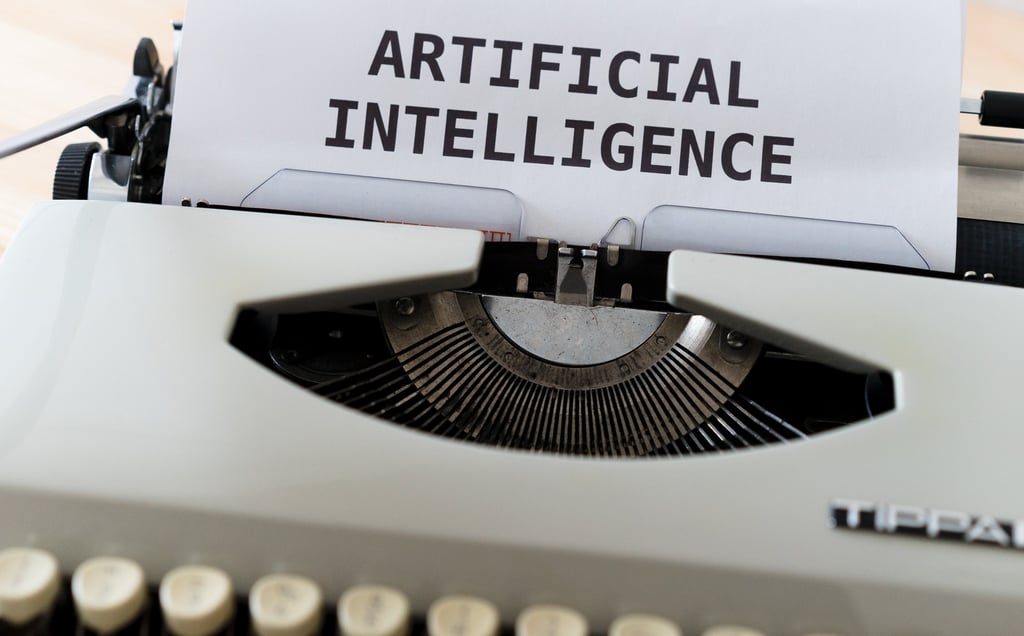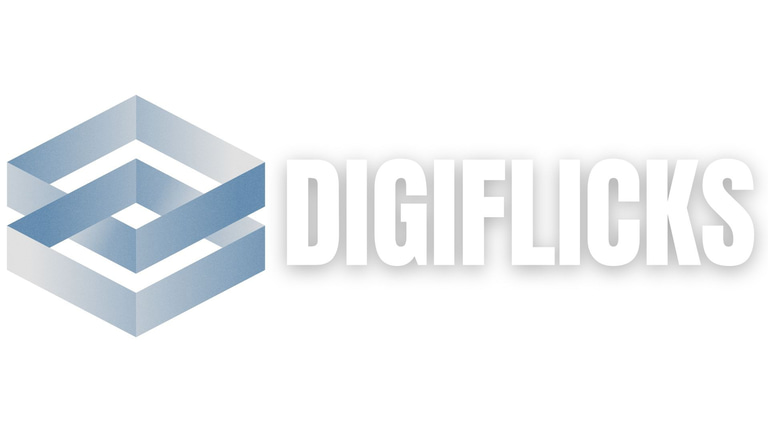AI's Role in Career Guidance
Transforming the Future of Career Services
CAREER
Shahbaz Ahmed
12/21/20243 min read


Artificial intelligence (AI) is rapidly emerging as a transformative force in career guidance, offering personalized and accessible solutions to individuals navigating the complexities of modern job markets. With its ability to analyze vast amounts of data and deliver tailored insights, AI has the potential to revolutionize how career advisory services operate. From CV writing to interview preparation and career exploration, AI-powered tools are reshaping the landscape, providing benefits for job seekers and career advisers alike.
The Growing Importance of AI in Career Guidance
In today’s fast-evolving job market, traditional career guidance services face significant challenges. The rapid emergence of new industries, roles, and skills demands innovative approaches to help individuals adapt. AI has emerged as a solution to meet these challenges by:
Providing Personalized Recommendations:
AI algorithms can analyze a job seeker’s skills, experiences, and interests to recommend career paths, job opportunities, and upskilling options tailored to their unique profile.
Improving Accessibility:
AI-powered platforms can provide 24/7 career guidance services, making them accessible to individuals regardless of their location or schedule.
Adapting to Changing Markets:
By leveraging real-time labor market data, AI tools can keep users informed about emerging job trends, in-demand skills, and industry shifts.
Key Applications of AI in Career Services
CV Writing and Optimization:
AI-powered tools can help job seekers create professional resumes that highlight their strengths and align with applicant tracking systems (ATS) used by employers. These tools can:
Suggest impactful language and formatting.
Tailor resumes to specific job descriptions.
Provide keyword optimization for improved visibility in hiring systems.
Interview Preparation:
Virtual interview coaches powered by AI can simulate real interview scenarios, providing feedback on body language, tone, and answers. These tools can:
Identify areas for improvement.
Offer practice questions based on specific roles or industries.
Boost confidence by creating a stress-free environment for preparation.
Career Exploration:
AI platforms can guide individuals in exploring career options by analyzing their skills, interests, and market demand. Features include:
Personalized career path recommendations.
Insights into required qualifications and training.
Connections to relevant educational and professional resources.
Upskilling and Training:
AI-driven platforms can identify skill gaps and recommend tailored learning programs, certifications, and courses to help individuals stay competitive in their chosen fields.
Benefits for Career Advisers
AI not only benefits job seekers but also alleviates the workload for career advisers. By automating routine tasks such as resume reviews and initial consultations, AI enables advisers to focus on providing in-depth, human-centric support. Additionally, AI tools can:
Enhance Efficiency:
Automating administrative tasks allows advisers to serve more clients effectively.
Offer Data-Driven Insights:
AI provides advisers with real-time analytics and labor market trends to guide their recommendations.
Facilitate Collaboration:
AI platforms can create shared spaces where advisers and clients collaborate on career planning.
Challenges and Ethical Considerations
While the potential of AI in career guidance is immense, it also raises important challenges and ethical concerns:
Data Privacy:
Ensuring the security and confidentiality of users’ personal information is critical.
Bias in Algorithms:
AI systems must be designed to avoid reinforcing biases that could disadvantage certain groups.
Dependence on Technology:
Overreliance on AI tools may undermine the value of human judgment and empathy in career guidance.
The Future of AI in Career Guidance
As AI continues to evolve, its role in career guidance will likely expand further. Future advancements could include:
Hyper-Personalization:
AI systems could deliver even more precise recommendations by integrating data from various sources, such as social media profiles and professional networks.
Global Access:
AI platforms can bridge gaps in career services for underserved populations, making guidance more equitable.
Integration with Emerging Technologies:
Combining AI with virtual reality (VR) and augmented reality (AR) could create immersive career exploration experiences.
Continuous Learning Systems:
AI tools could evolve alongside users, providing ongoing support as individuals progress in their careers.
Conclusion
AI’s role in career guidance is a game-changer, providing innovative solutions to meet the demands of an ever-changing job market. By offering personalized, accessible, and data-driven support, AI is empowering individuals to make informed career decisions and achieve their professional goals. However, striking a balance between technology and human touch remains essential to ensure ethical and effective career guidance.
As AI continues to advance, its integration into career services promises to create a more inclusive, efficient, and impactful system, benefiting both job seekers and the professionals who support them.
